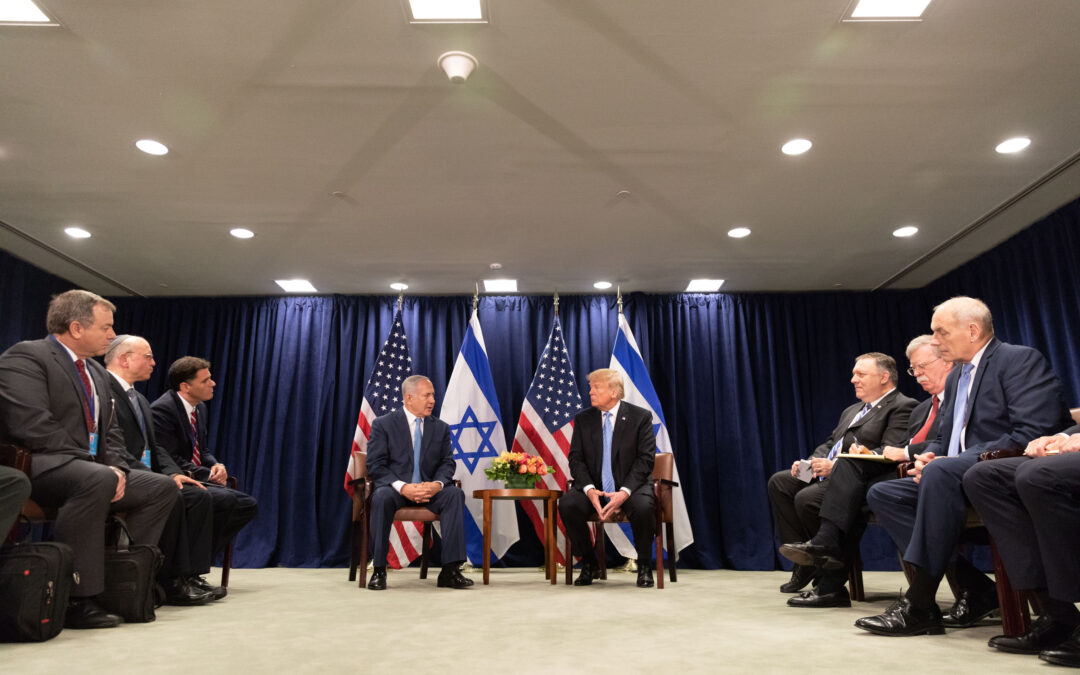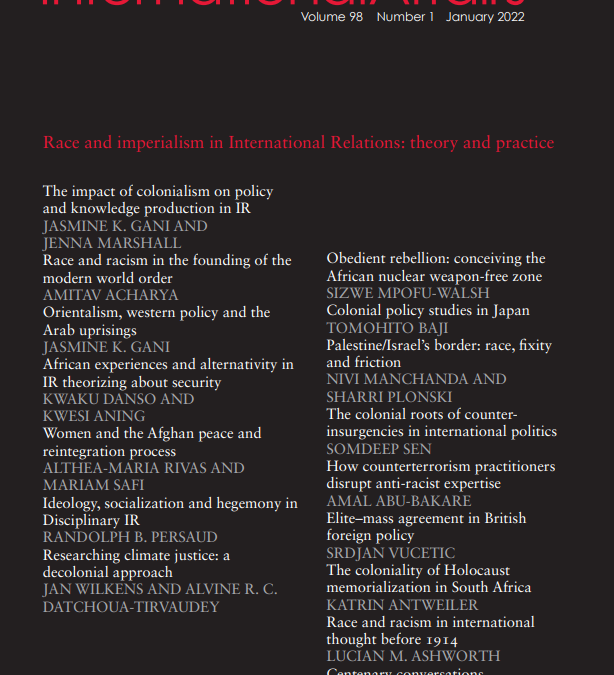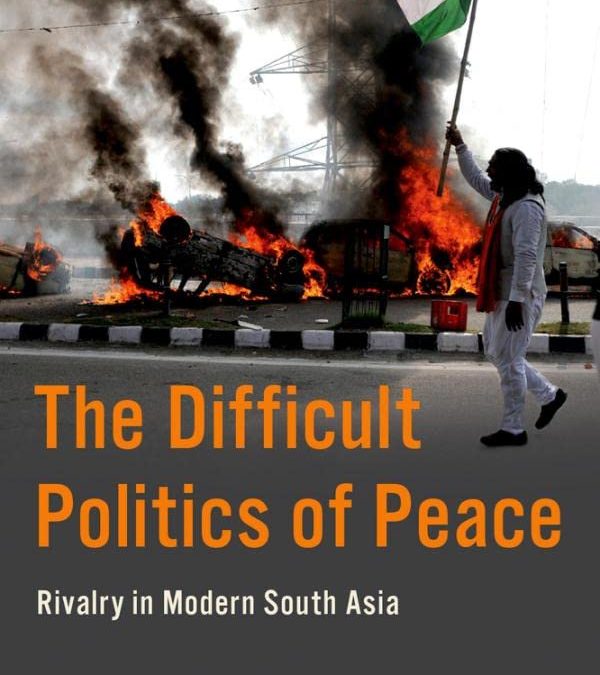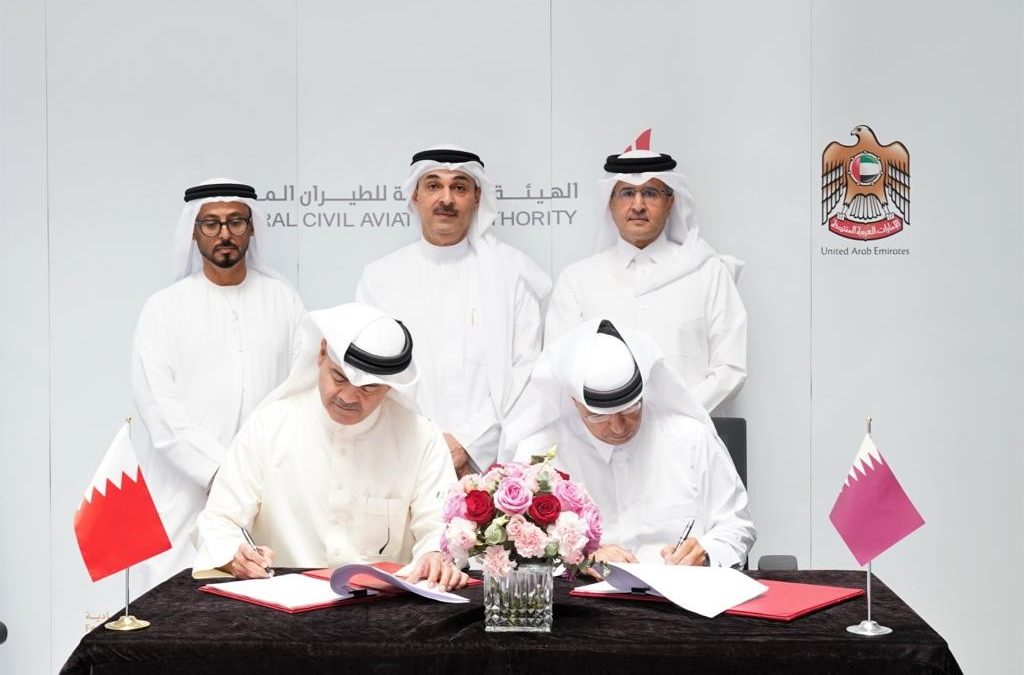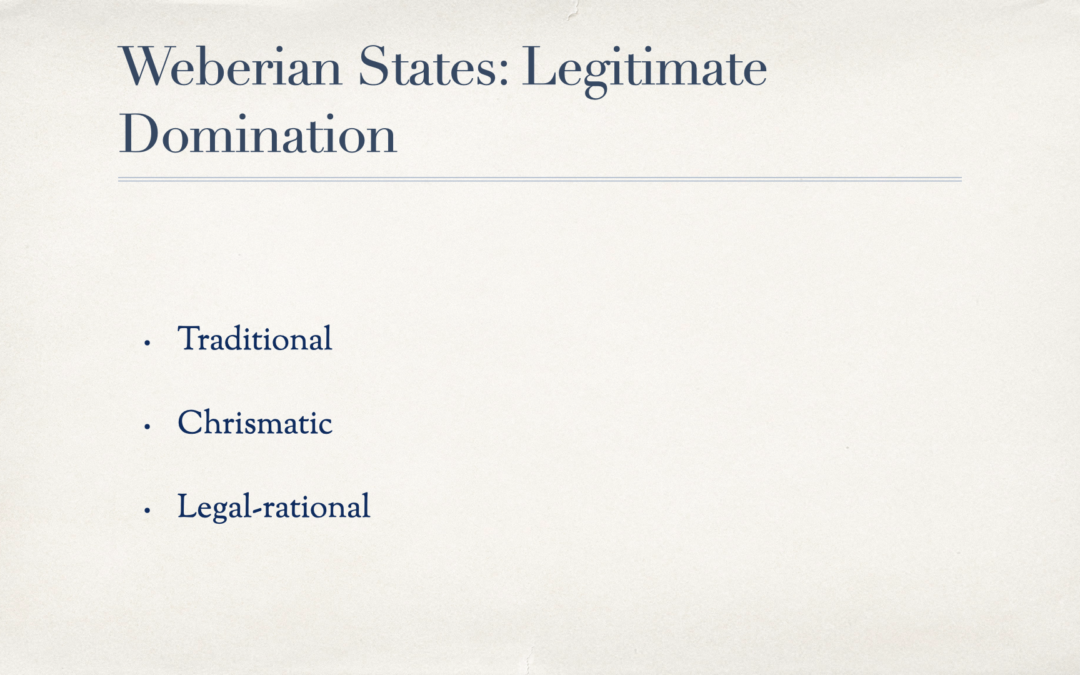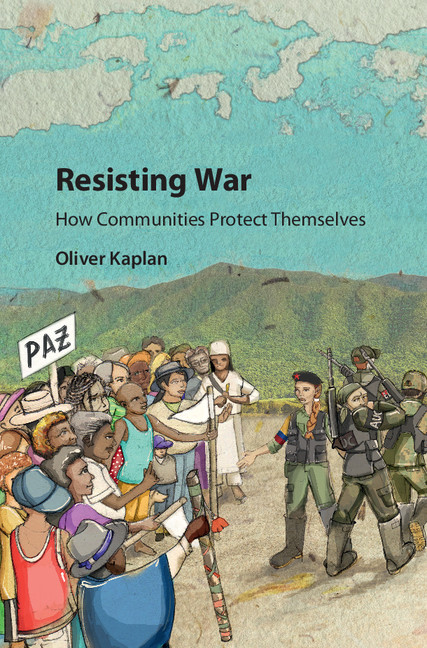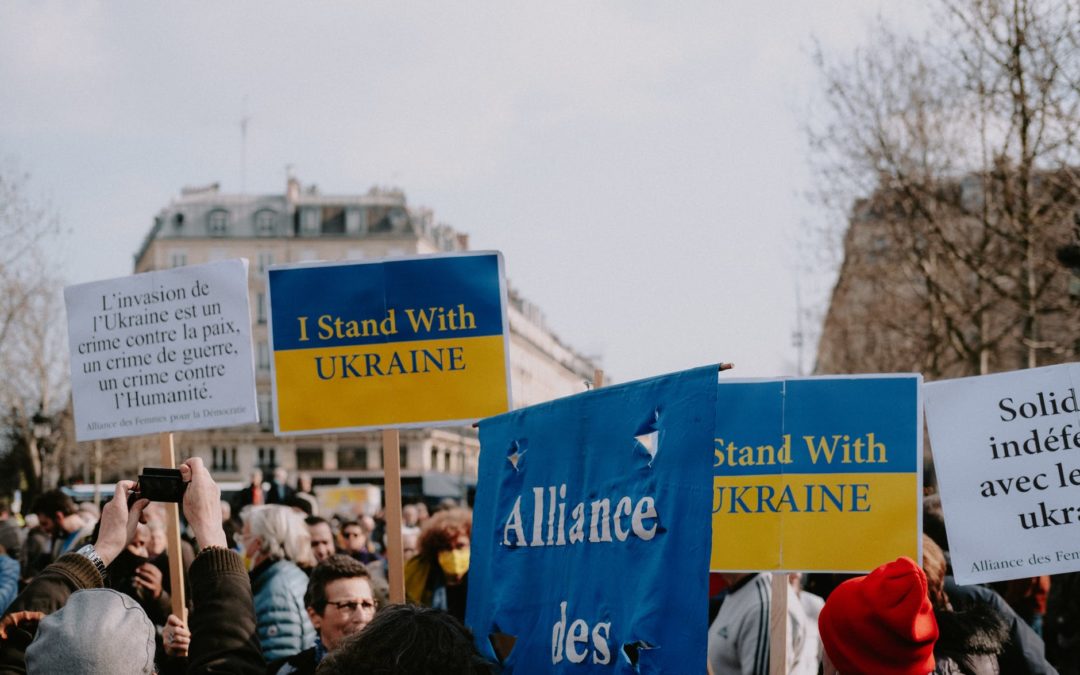The UN General Assembly meeting has seen a growing number of states recognizing a state of Palestine, including Western powers like France, the United Kingdom and Canada. Debate has swirled over why they are doing this: is it a principled stand, an attempt to gain...
